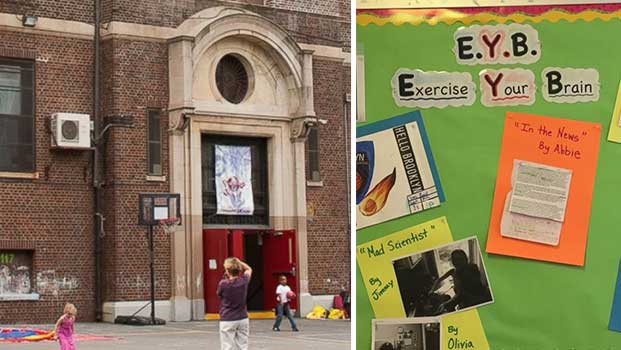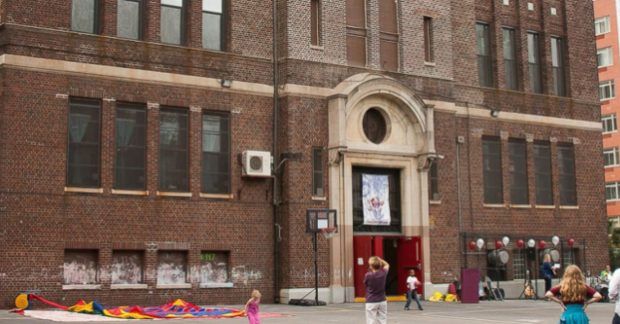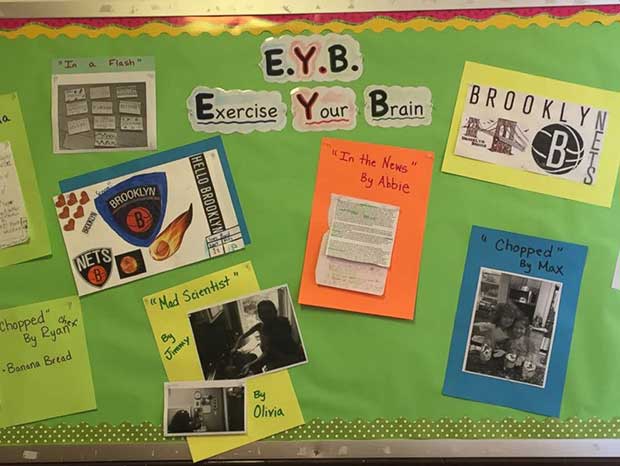Advertisement
Brooklyn School Ditches Homework in Favor of Play-Based Learning and Parents Are Amazed by the Results
| By Lauren Boudreau
Advertisement - Continue reading below


An elementary school in Brooklyn has decided to eschew traditional homework for kids in favor of social, imaginative, play-based activities and the results have surprised teachers and parents alike.
The school is P.S. 118, or The Maurice Sendak Community School, in the Park Slope neighborhood and the program is appropriately named “Exercise Your Brain.” It works by giving kids a list of activities that they can choose from to complete.
According to ABC News, the activities vary based on grade and range from things like writing journal entries to drawing pictures of a subject and then creating a story around it. The students can also take as long as they need to finish a project. They each turn in their work over the course of a month.
The program was created when teachers and school officials thought they needed to re-think their homework policy. Special education teachers Alexis Hernandez, Matthew Weeks, and Laura Willeford were the driving force of the program wondering if the traditional homework they were giving really benefited their students or not. They spent the summer researching different methods and even looked at two New York City Schools – P.S. 11 and P.S. 116 – for inspiration. They eventually decided on a “menu” for kids that offered different play-based activities.
The kids also help create the menu for each month by writing in suggestions for what they’d like to do. Each menu contains 12 categories.

“One of the examples is…writing a letter to a character from a book you’re reading,” Weeks told ABC. “Right away, [the menu] is relating back to something they’ve learned in school. That letter may only take a night. That letter may also take a week. You may want to revise that letter.”
Kids also pick a time they want to present their activity, but Willeford added that even if a child doesn’t like public speaking, there are many chances for individual work.
“The menu gives opportunities for kids to learn in different modalities,” she told ABC. “It gives options that span the whole range of learners. The real important part is that it’s self-directed.”
The program began two weeks ago and so far has lots of positive feedback.
“We have students coming in in the morning and they’re bursting with wanting to share their ideas. Parents are sending us videos of their children doing the activities…and then [students] present or share it,” Willeford said.
Advertisement - Continue reading below
Share
On Facebook
